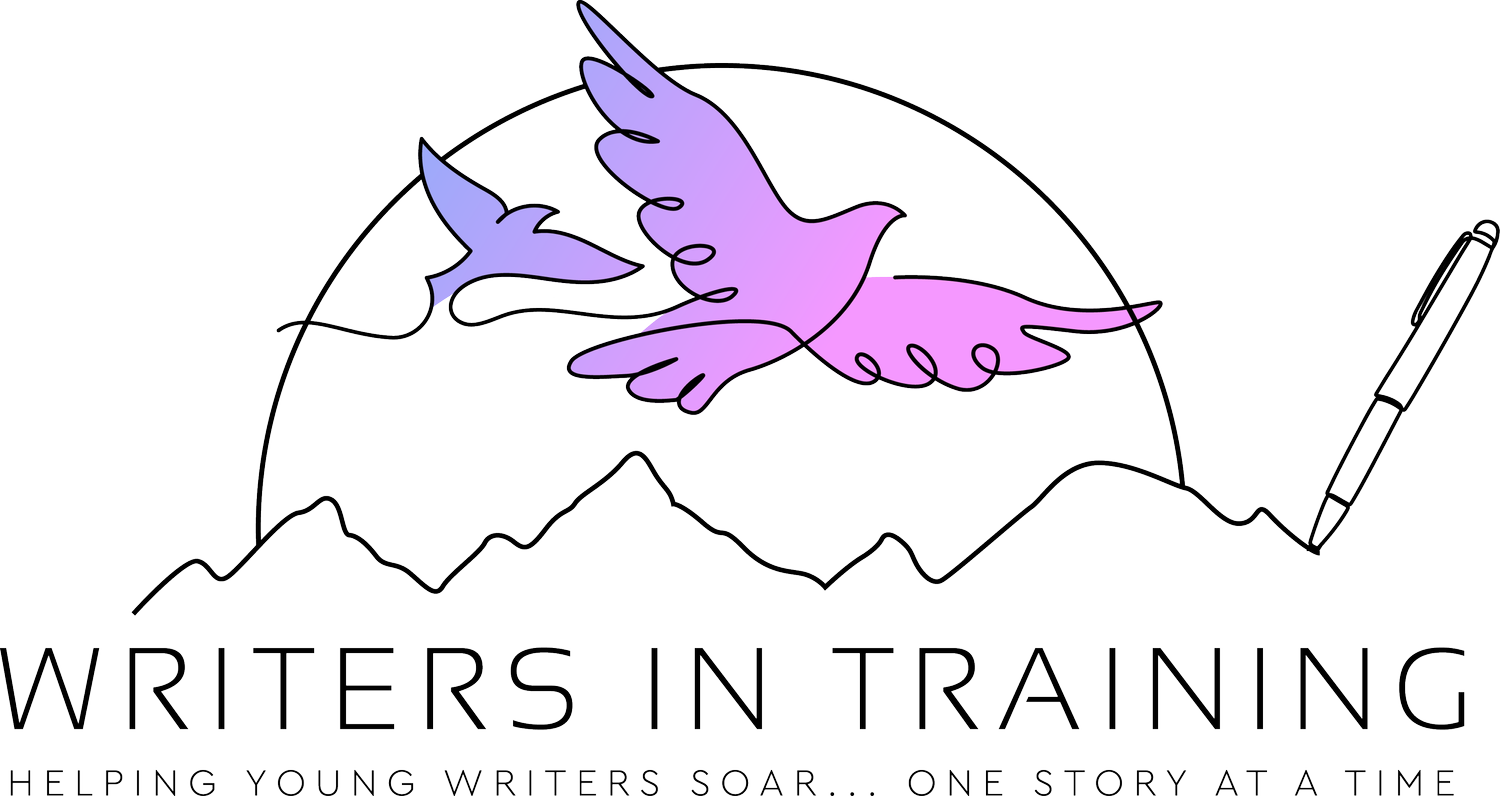Where Do Ideas Come From?
“Above all, watch with glittering eyes the whole world around you because the greatest secrets are always hidden in the most unlikely places. Those who don’t believe in magic will never find it.”
Have you ever read a book or a short story and thought, "Wow! I would never have thought of that!" So often, a piece of writing will pull you in emotionally or intellectually. It may spark your imagination in new ways or create a sense of discomfort as it forces you to look at something from a new perspective.
But where do authors get those ideas? I suppose the simple answer is anywhere and everywhere. Any serious writer must ask themselves: How do authors recognize a good idea and then do something magical with it?
Ideas are everywhere. A writer is more than just someone who puts pen to paper. A writer is a listener, an observer, a detective, and an investigator. A writer uses their senses to see, hear, touch, taste, and smell ideas. I can hear you asking, "Can you smell an idea?" Absolutely! Have you ever smelled a scent that immediately transported you to a remembered or imagined place? The scent of scratch-n-sniff stickers whisks me back to my childhood faster than you can say, "scratch here". One whiff of the synthetic scent of popcorn or Coca-Cola, I am back in the second grade, sitting cross-legged on my bedroom floor with my best friend.
I once ate a piece of chocolate cake that tasted like the smell of a farm. “Disgusting,” you may say. It was! I can see how my senses may have become confused since I was on a farm when I ate that cake. However, now the scent of a farm reminds me of that cake and how I kept eating until nothing was left but dark, dung-like crumbs. Then I lied sweetly to my mother's friend, who had served it to me, exclaiming how delicious it was. This is my first memory of lying to avoid hurting someone's feelings. It is a vivid memory, brought on anytime I smell manure.
Ideas come from real life. In a world of 7.96 billion people, give or take a baby or two, each of our experiences is unique and worthy of retelling. Recognize and use that! Family members provide a wealth of quirks, interactions, and issues that can become fodder for developing storylines or characters. Do you attend school? Couldn't the personality traits of that eccentric teacher or that troubled child be twisted to fit the description of that monster, gangster, or lonely bear in your current story? Have you ever been so embarrassed you still feel the sting of awkward humiliation today? Or have you ever laughed so hard that chocolate milk came out of your nose? Whatever makes you laugh, cry, or want to spit nails in anger can become the seeds of thoughts that will blossom into vibrant ideas.
A writer must become an idea catcher. You need to spread out your mental butterfly net and capture the seemingly random thoughts and impressions that invariably flitter across your consciousness. Many writers carry a notebook with them. Index cards, post-it notes, random bits of paper, or the backs of envelopes are preferred by others. While some have a meticulous filing system, others put their ideas in a jar and randomly pull out two or three whenever they need inspiration. A device will work, too, if you prefer the sound of tapping keys to scratching lead on paper.
The trick to catching ideas is to sneak up on them. Sometimes, they are relaxed, peaceful, and unaware that you are waiting for them. I sneak up on my best ideas when I am in the shower. Just as I am falling asleep is another excellent time to snag an idea or two. Just-about-asleep ideas can be particularly unusual! Once, I woke up from a nap with an entire, complicated sentence in my mind. It was so obviously part of something bigger but as yet unwritten that I was shocked awake. I immediately grabbed a piece of paper and scrawled the words out with the enthusiasm of a hunter who had just unexpectedly happened upon elusive prey. It is a good sentence, strong and full of meaning and mystery. Mysterious because I have no idea what story it will spark…yet! But one day, that single, superb sentence will find its way into a writing piece. And when it does, I will know that this beautiful, creative thought is mine and mine alone, dreamed up on a quiet Sunday afternoon in March. No one else will know, but I will know. And my heart will soar with this secret knowledge!
There are other ideas you need to flush out of the wild forest of your mind, much as an African wild dog does when hunting its prey. A wild dog is known to practice what is called persistence hunting. They hound their prey by chasing it down. Eventually, the target becomes too exhausted to hide anymore. That's when the dog attacks. Be persistent in your pursuit of ideas. If you can't catch them unawares, jump into action and chase them down. The key to persistence hunting is becoming tireless in your hunt for ideas. You need to be obstinate, pushy, and audacious. This takes practice and not just a little bit of stubbornness and resourcefulness.
The first step to becoming an idea catcher is to be aware of those seemingly random thoughts that pop into your head. Sometimes, they flicker without landing. Sometimes, they linger, almost begging to be noticed. Sometimes, you must chase and exhaust them until you can catch them.
Regardless of how you capture them, the next step is to write them down. Lists are a writer's best friend. Read those idea lists often. You never know when you may capture a thought that will soon make your writing (and heart) soar!

